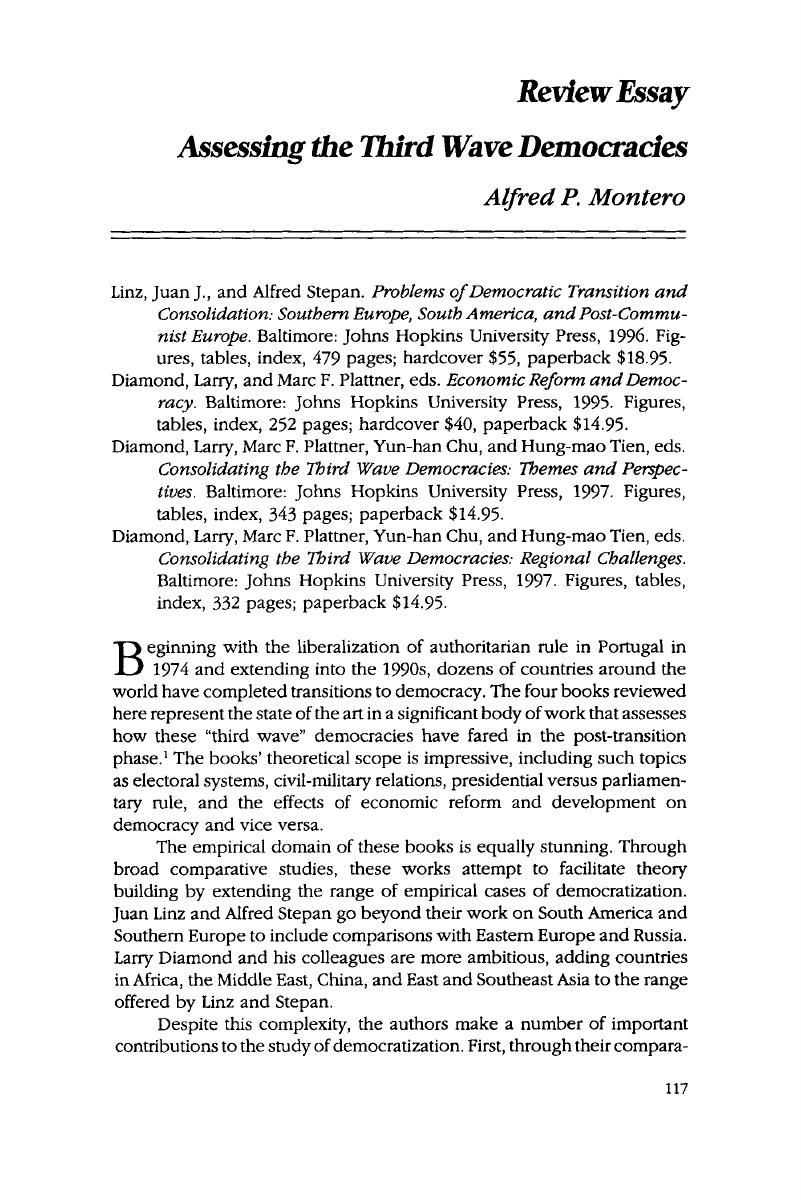Crossref Citations
This article has been cited by the following publications. This list is generated based on data provided by Crossref.
Carlson, Matthew
and
Turner, Mark
2008.
Public Support for Democratic Governance in Southeast Asia.
Asian Journal of Political Science,
Vol. 16,
Issue. 3,
p.
219.
Uludag, Sener
Colvin, Mark
Hussey, David
and
Eng, Abbey L.
2009.
Democracy, Inequality, Modernization, Routine Activities, and International Variations in Personal Crime Victimization.
International Criminal Justice Review,
Vol. 19,
Issue. 3,
p.
265.
Kover, Agnes
2015.
Captured by State and Church: Concerns about Civil Society in Democratic Hungary.
Nonprofit Policy Forum,
Vol. 6,
Issue. 2,
p.
187.



